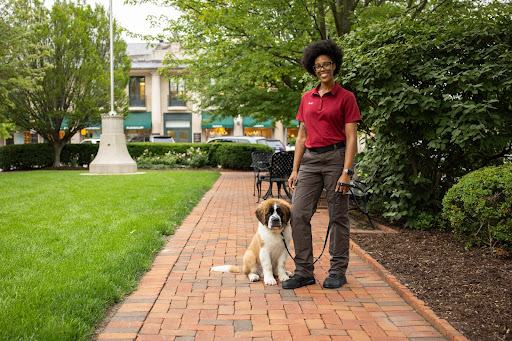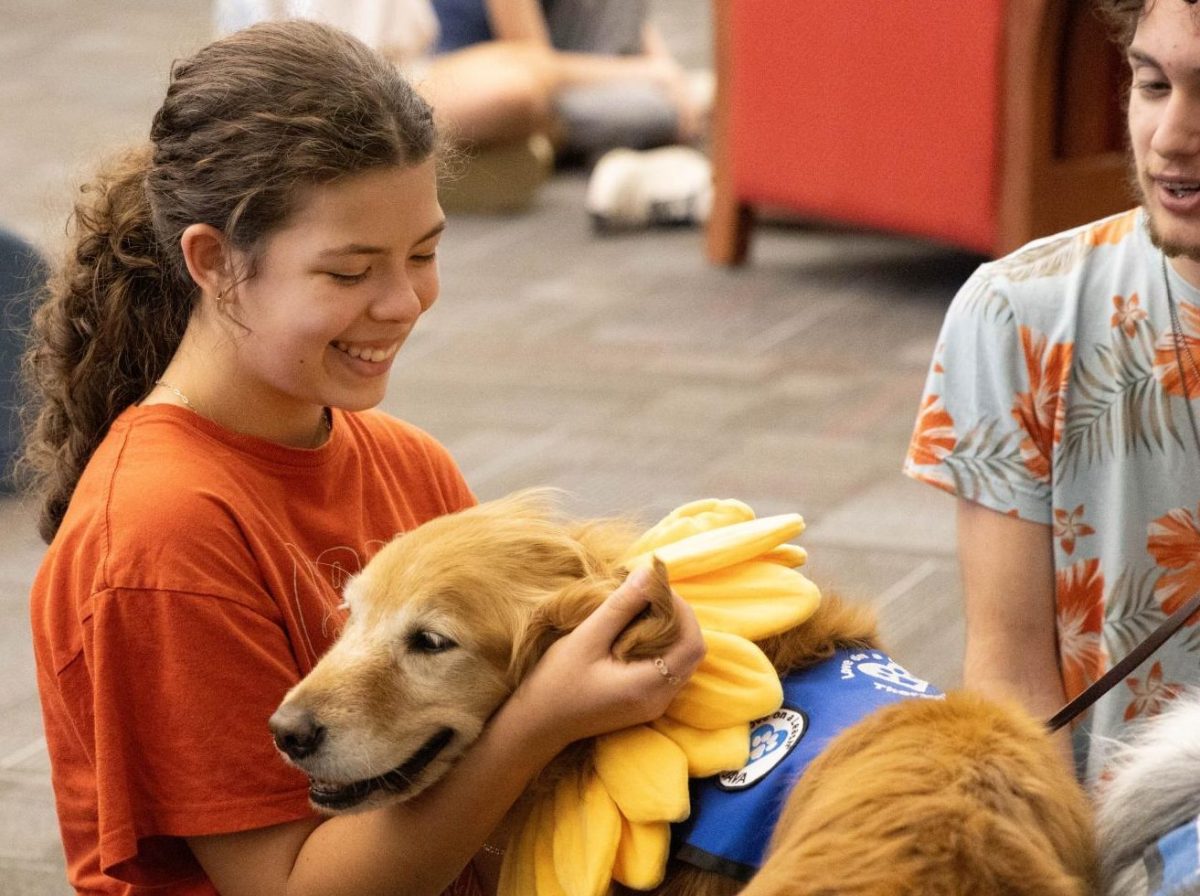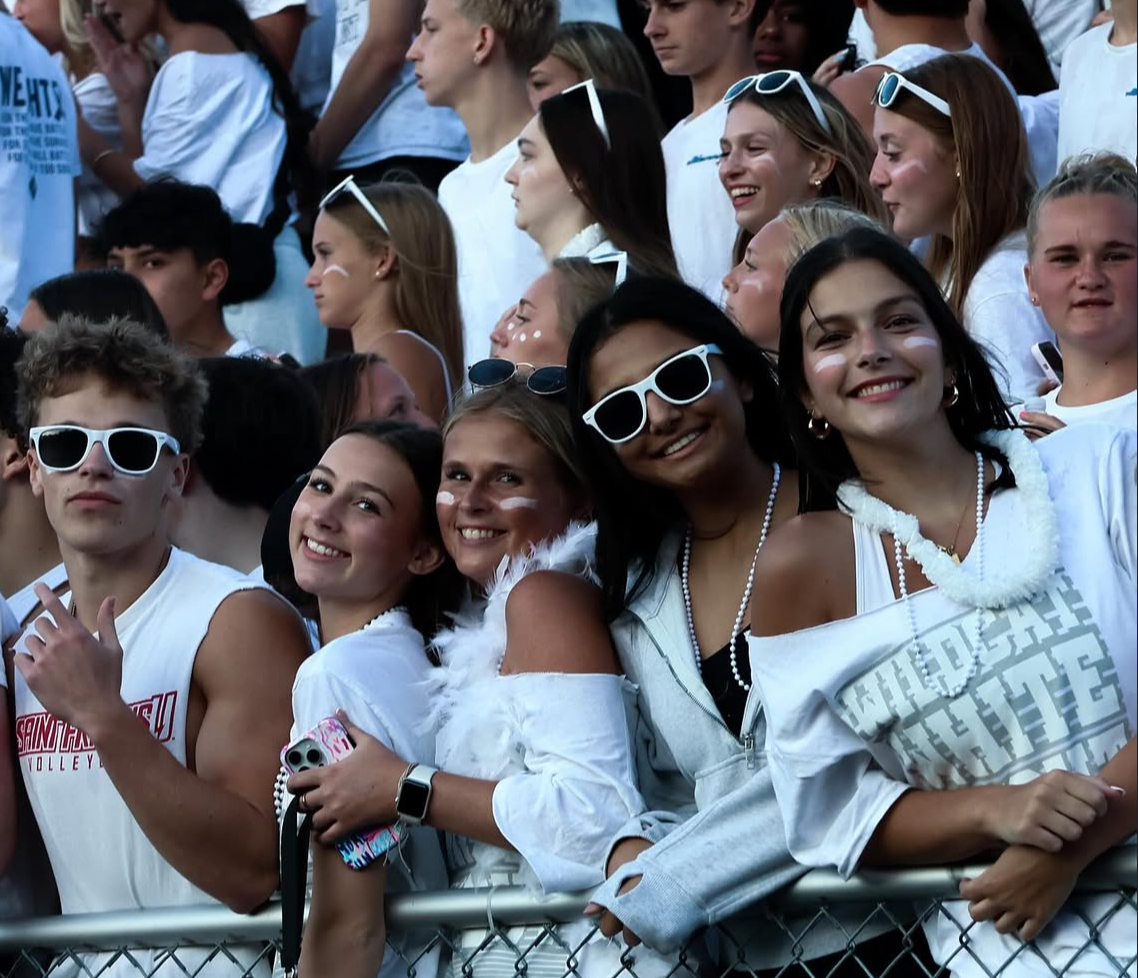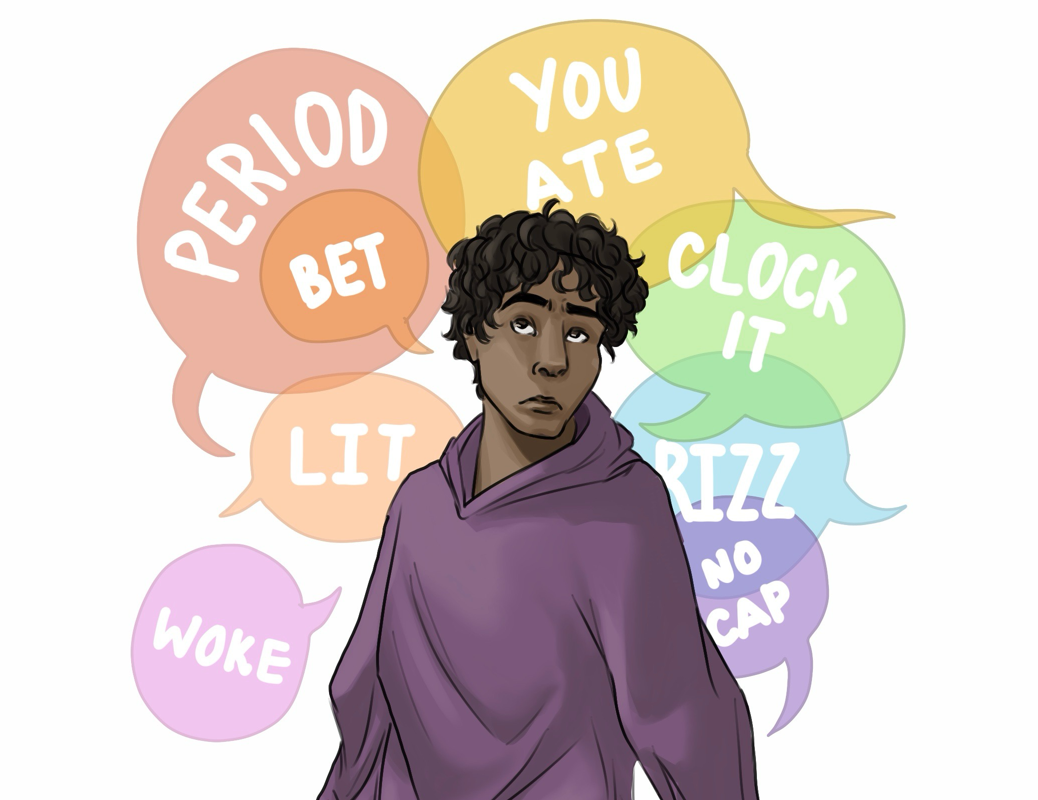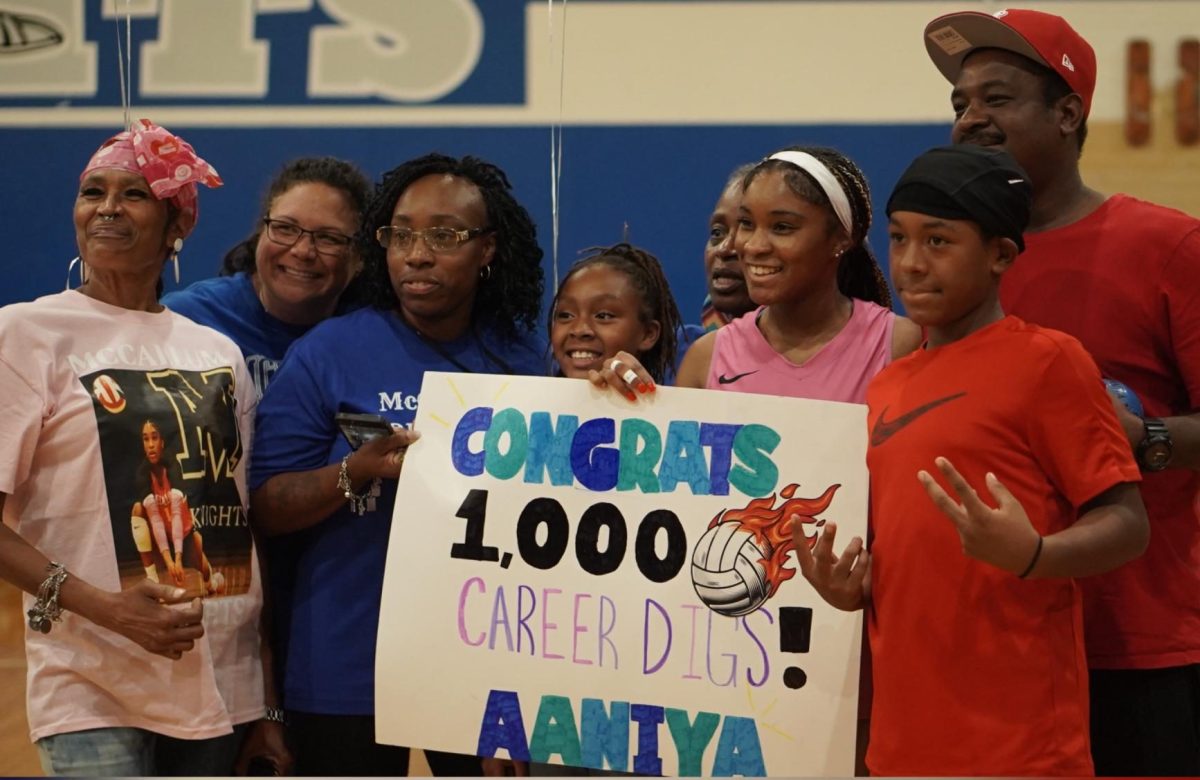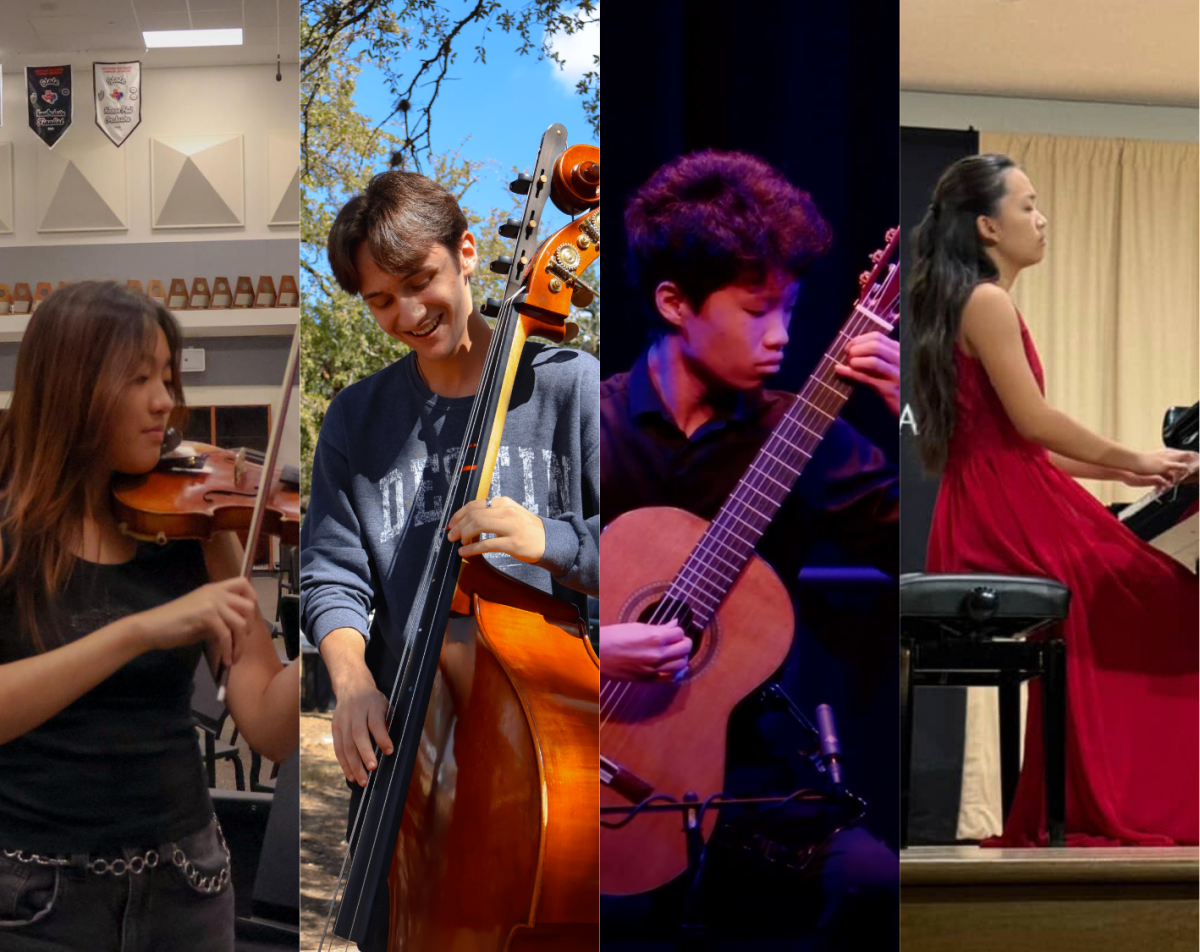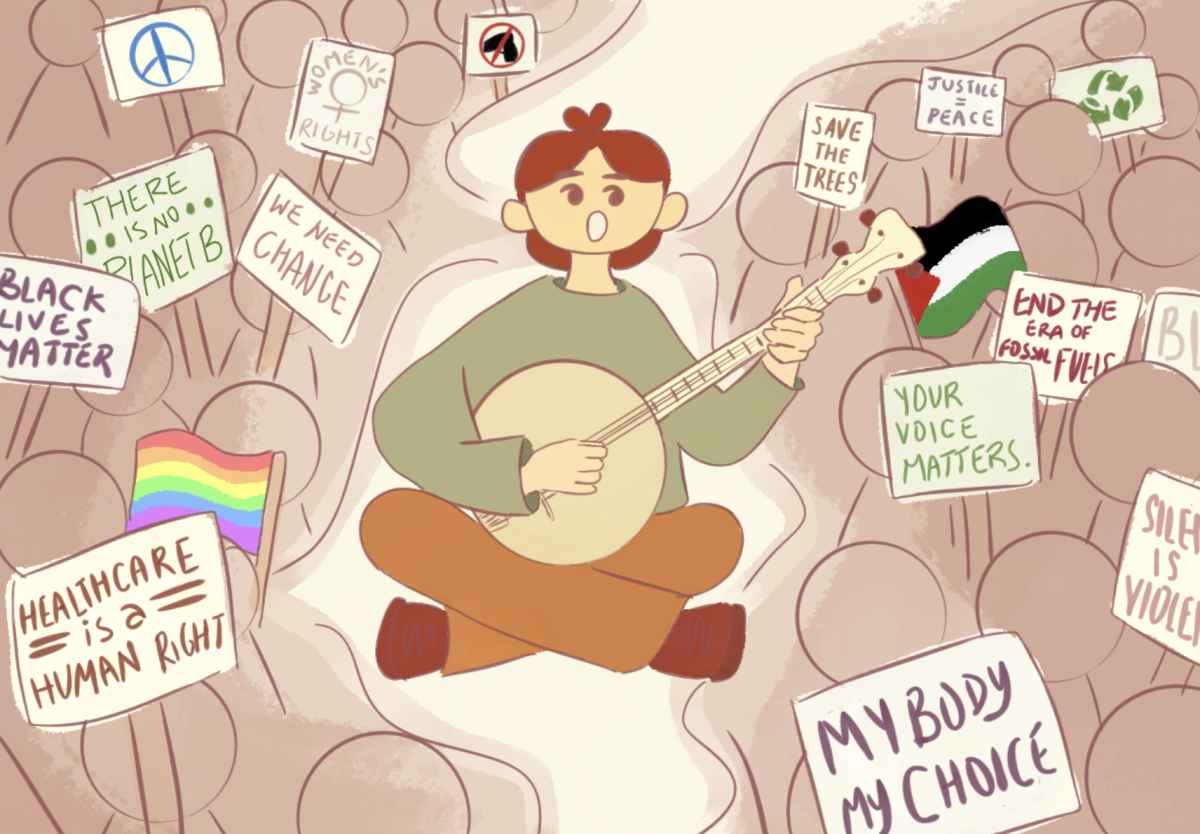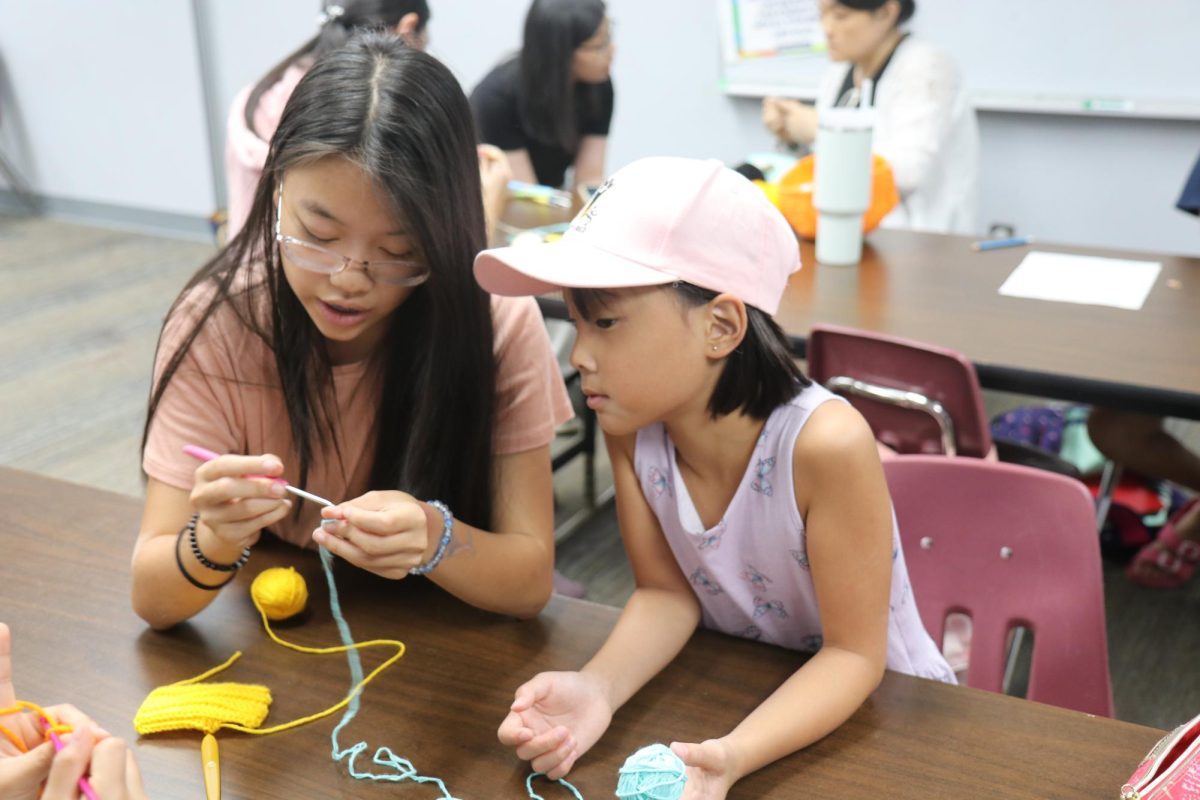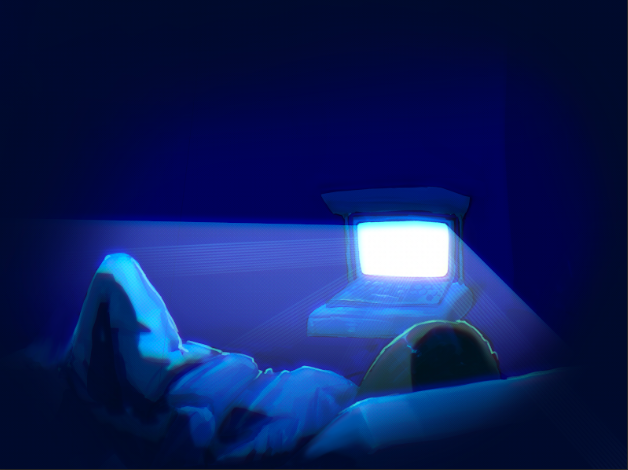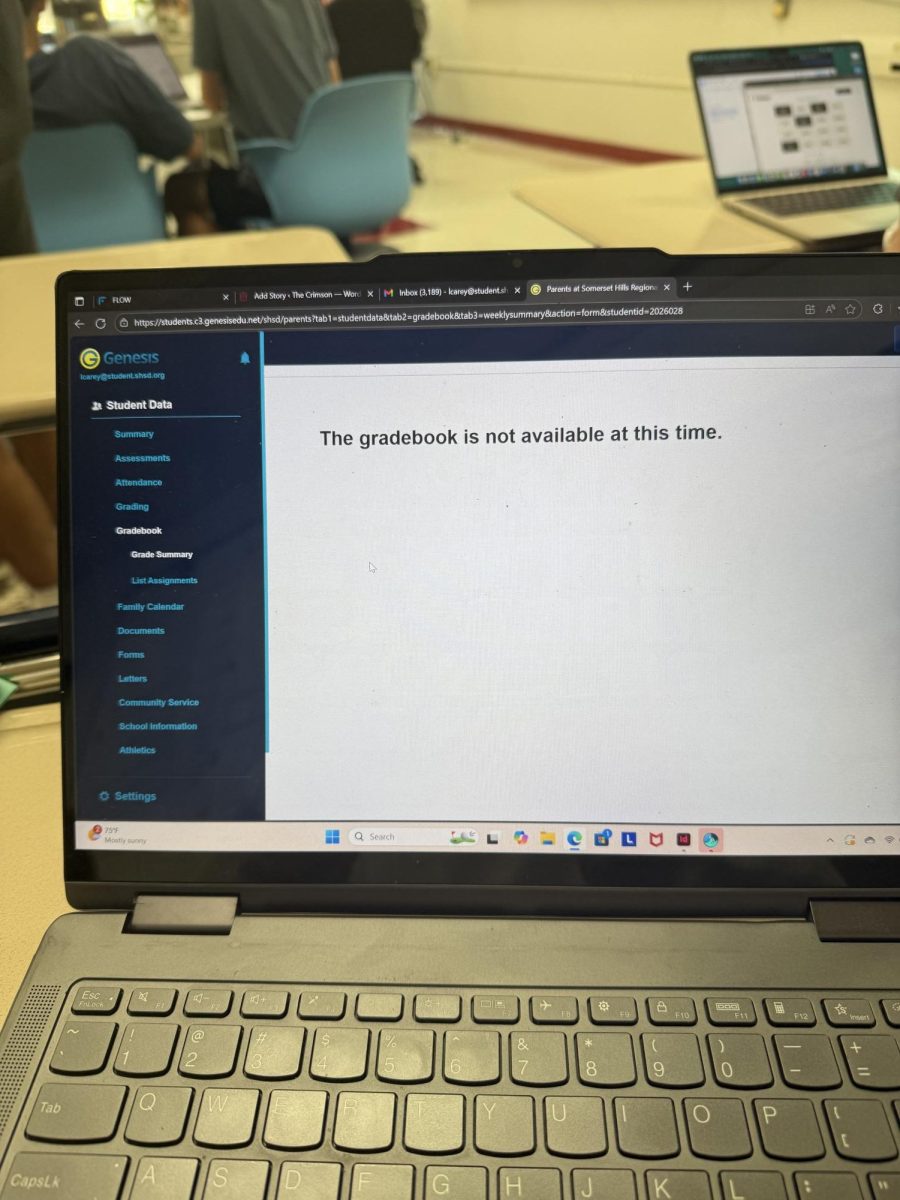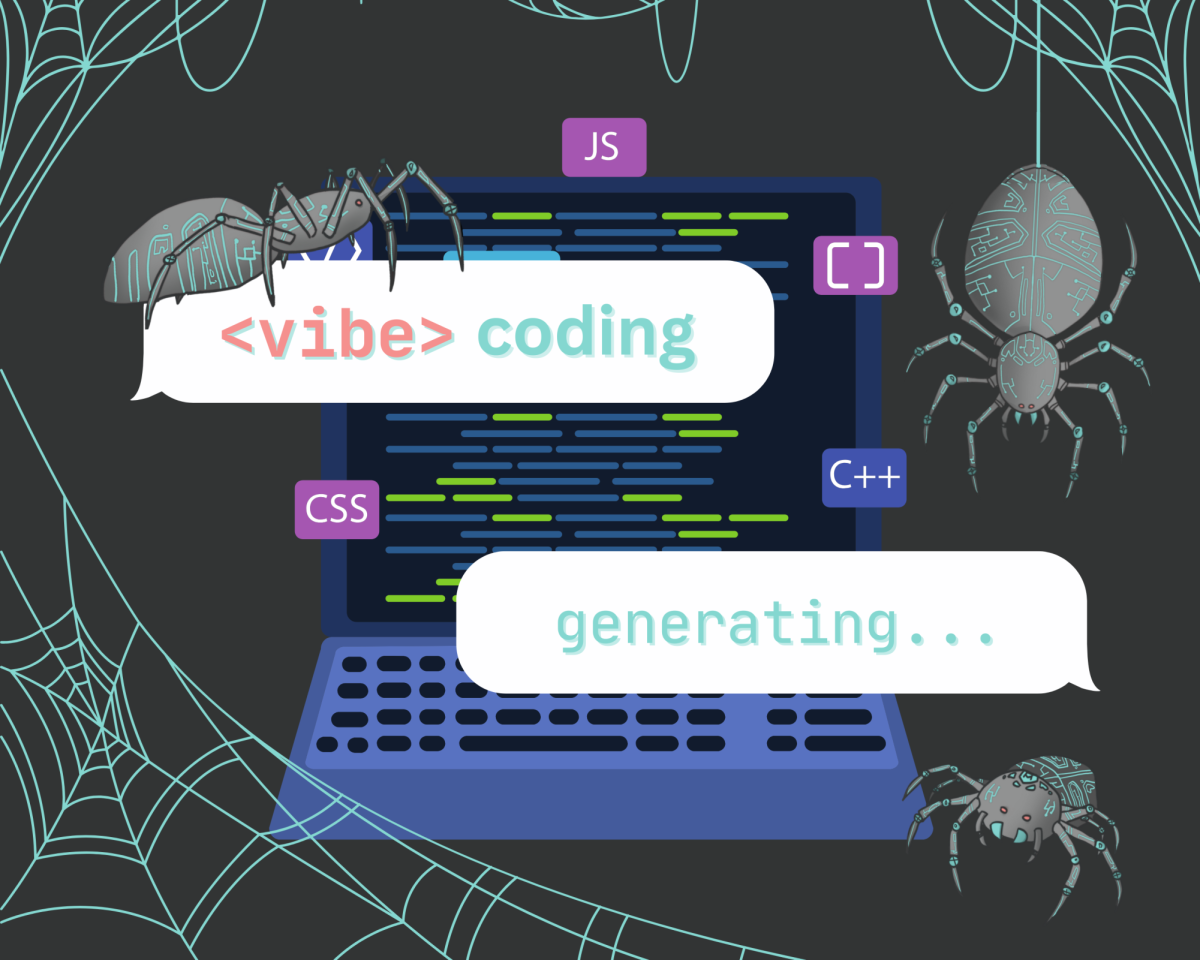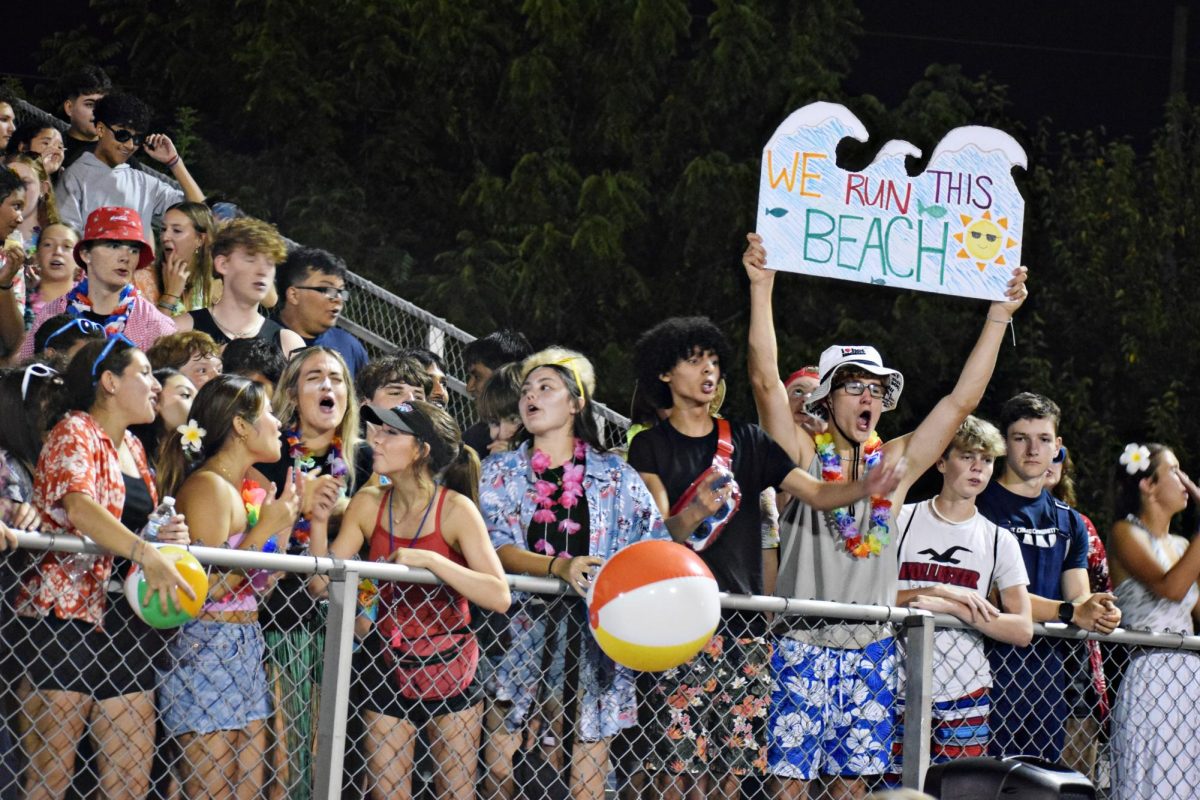There were screams and cheers from all around as the band played catchy tunes: the sounds of drums banging to a steady beat, the smell of an autumn night, and the feel of face paint drying on one’s skin. Even now, the memories of last month’s football games bring cheer.
As every school year kicks into gear and everyone comes in fresh from summer with new clothes, backpacks, and tans, school spirit is fresh: students are ready for the upcoming fun athletic events bring. But what happens once the new school year excitement is gone? It seems as if every year, the school spirit dwindles and fades a few months in (usually with the cold weather and end of football season).
Perhaps students are lacking in time.

“They might just have more things going on outside of school that prevent them from participating,” Activity Director Marc Wolfe said.
Wolfe helps plan events for West Chicago Community High School students to participate in and aims to help students become more involved in school. Wolfe is involved in many major events held at WEGO and knows it can be challenging to develop ideas that will interest incoming and existing students.
On the other hand, come November, many students claim to be drained throughout the school day. Perhaps it is the fact that the first semester is close to ending, and prepping for tests is crucial. Even then, cheer and excitement seem to disappear completely.
Some dare to call it a “mid-term” or “mid-semester slump,” or a period in which students seem to lose motivation to study and keep coming to school. Classes get harder, with homework piling up and college preparations occurring for some. This “slump” is dangerous to students all around given it drops grades and increases stress.
Wolfe and Student Council are often involved in Spirit Weeks, which take place periodically to promote an event, or sometimes around the holidays. These Spirit Weeks have mixed participation, however, which seems surprising considering it does not take a lot for a student to wear a simple red shirt or follow basic themes on weekdays.
“Dressing up isn’t for everybody,” Wolfe said.
Many students find dressing up embarrassing and/or pointless. They fear standing out or wearing the “wrong” thing.
“Some kids just don’t have the confidence to back up the costume – or energy,” junior Aidan Ryan said.

While themed spirit days are attempts to try and make school more interesting and fun by offering students a chance to cultivate their creativity, some would rather not join in.
“The chosen day requires them to change their drip too much, and they don’t want to present themselves differently,” Student Council and ROAR adviser Jennifer Culbertson said.
Yet, school spirit is not just about wearing themed apparel or attending athletic events: it is the energy and effort brought to everyday activities as well. Small efforts can make a difference, and there is something to be said for the fact that when everyone tries/comes together, it makes the experience better, and worth looking forward to. As the saying goes, small things make a difference; whether it is putting on a colored blouse or painting one’s face an exotic color.
Participating and bringing positive energy is what makes any event more fun, and helps high schoolers develop those core memories that shape their larger experience as a student. In fact, research shows there is a direct correlation between extracurricular involvement – whether that is membership in a club or attending a sporting event – and overall student engagement.
“You only get to go to high school once, and I think that you’re going to get out of it what you put in it. It’s a great time to try [new] things, and it’s a low risk,” Wolfe said.

Pep Club will strive to inject some school spirit into the upcoming basketball season, which is gearing up now. The organization has been working to promote attendance at sporting events by determining themes for each home game, such as the recent ESPN-themed girls’ volleyball game.
Yet, the onus does not fall to Pep Club alone: there is something to be said for the theory that students need to bring ideas and energy to the table (or to the game, as the case may be) instead of complaining and waiting for someone else. If students kept up the same level of enthusiasm after Homecoming, perhaps school life could be more enjoyable year-round. There is also evidence to suggest school spirit is directly related to academic achievement.
Some schools do encourage displays of school spirit through invitation-only pep assemblies, or systems in which classes can earn points for participating in dress-up days. Much like the Harry Potter house system, these points are tied to some sort of prize. While West Chicago Community High School has not attempted either of these methods, there may be room to expand school spirit by investigating other possibilities – especially in these winter months where there is a noticable slump.
That said, in order to make school spirit a full-year goal, participation and willingness to get out of one’s comfort zone is necessary. Putting effort into spirit events does not necessarily come at the cost a lot of social embarrassment, especially when one is with a friend.
“Seeing everyone in hula skirts and stuff like that. Sometimes you don’t even have to walk to the game, you can just hang out with friends and walk around and just have a lot of fun,” junior Ceci Ayala said.
Correction
Nov. 14 2024
A previous version of this article incorrectly stated that Leman Middle School volleyball players were featured in an image displayed with the text, when instead, the athletes were from Benjamin Middle School.
This story was originally published on Wildcat Chronicle on November 14, 2024.



